Natsu wa kinu
Unohana no niou kakine ni
Hototogisu hayamo ki nakite
Hinobine morasu natsu wa kinuSamidare no sosogu yamada ni
Saotome* ga mosuso nurashite
Tamanae uuru natsu wa kinuTachibana no kaoru nokiba no
Mado chikaku hotaru tobikai
Okotari isamuru natsu wa kinuOuchi chiru kawabe no yado no
Kado tooku kuina koe shite
Kuuzuki koishiki natsu wa kinuSatsuki yami hotaru tobikai
Kuina naki unohana sakite
Sanae uewatasu natsu wa kinuLyricist:SASAKI Nobutsuna
Composer:KOYAMA Sakunosuke
in 1896
Summer has come
In the fence where flowers of deutzia smell
Lesser Cuckoo is already coming and ringing
Make a small noise even if it keep quiet
summer has come
At rain in May is falling on mountain rice fields
Maidens who plant rice wet the hem of their clothes
Planting a seedling entrusted by God
summer has come
At the end of the eaves that Citrus tachibana smells
By the Window,Fireflies are flying
I forgive you not to be lazy
summer has come
In the lodge of the river where the chinaberry is scattered
Singing voice of Rallus aquaticus in the other side of the gate
I can not wait for the evening moon
summer has come
May rains stopped,and Fireflies flew over after
Rallus aquaticus is sing,flowers of deutzia is blooming
Hurry and plant seedlings in the rice fields
summer has come

“Summer has Come” is an impressive song with a melody filled with the openness of summer that comes in the season of Rikka. Its lyrics, however, are written in literary Japanese and are considered difficult to understand, although they are highly regarded by experts.
The lyricist, Sasaki Nobutsuna, was born and raised in a family of poets and scholars of Japanese literature for generations, and was awarded the Order of Cultural Merit as a leading scholar of the Manyoshu. In other words, a certain intelligence is required to appreciate and understand this poem.
Regarding the composition of the lyrics, it is noteworthy that five tanka poems with the rhythm of “5-7-5-7-7” and concluding with the title phrase are skillfully woven together.
In the first verse, the “Unohana” (= deutzia) blooms and the “Hototogisu” (= lesser cuckoo) chirps, an image of early summer that has often appeared since the Manyoshu. However, this set is somewhat out of season, and the chirps heard out of season are called “shinobine.”
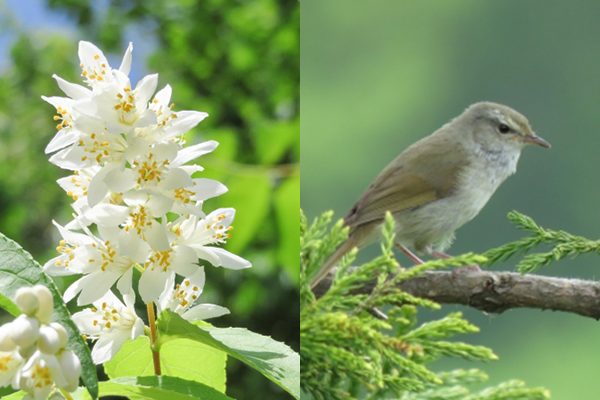
The second song, “Samidare no – Mosuso nurashite” (= Let’s grow rice so that the emperor’s reign will last more than 1,000 years while planting rice in hakama whose hems are wet from the early summer rain) is drawn from a sentence in the Heian-period historical tale “Eiga Monogatari” (“Samidare ni mosuso nurashite uuru ta wo kimi ga chitose no mimakusa semu”).
The “tama” in “tamanae” stands for something beautiful, and “Saotome” refers to a young woman working in the rice paddies, which is still a common Japanese surname. In the original text, “Shizume” referred to a woman of low status, but this was changed in 1932.
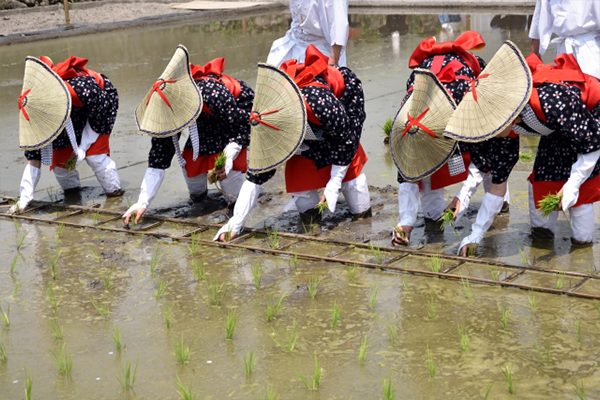
The third number comes from the Chinese legend “Keisetsu no kou,” which is well known to (Showa-era) Japanese as “Hotaru no hikari = light of fireflies,” in which the poor could not afford oil, so in the summer they learned by the light of fireflies to get ahead in life. The poet is admonished not to be lazy.
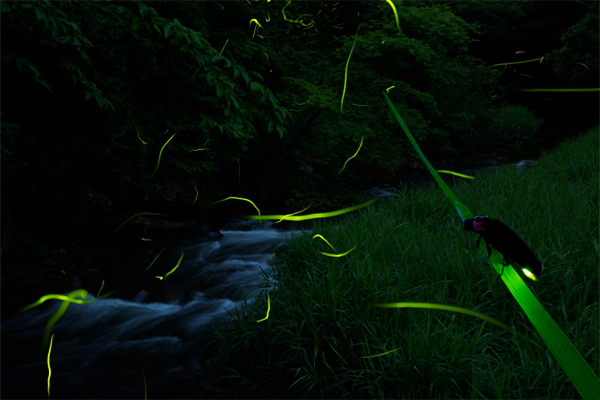
No. 4 depicts a gate of a house along a river and a Quina (=Rallus indicus) in summer, when the “Ouchi” (=Japanese bead tree) blossoms are in bloom. This is said to be based on classical literature such as “The Tale of Genji” because the sound of the Quina chirping resembles the sound of tapping on the gate.
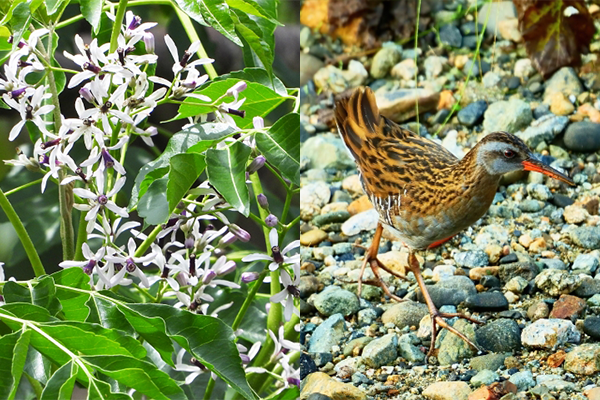
The lyrics of the fifth verse are a summary of the first four tanka poems. While arranging the key words from the first to the fourth tanka, it is said that “Satsuki Yami” is multiplied by “May Darkness,” which is related to the fact that darkness is deepest during the rainy season.
Incidentally, “Natsu wa kinu” does not mean “summer never comes,” but rather, in literary parlance, “summer has come.
This famous poem was selected as one of the 100 Best Japanese songs.
Sightseeing Link Sasaki Nobutsuna’s birthplace
▼This song is said to have been made here.

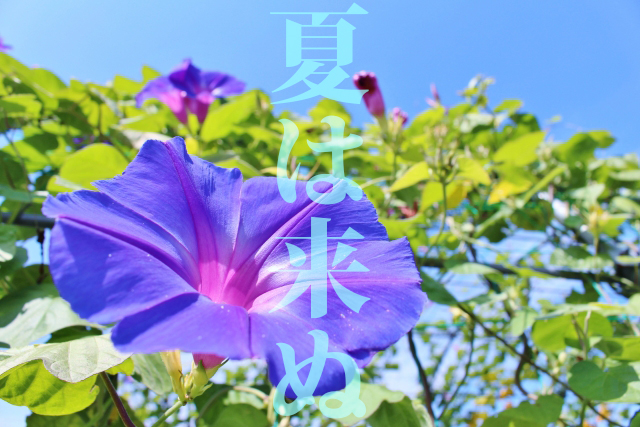
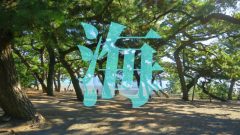
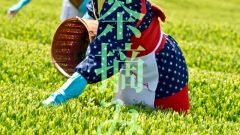
コメント